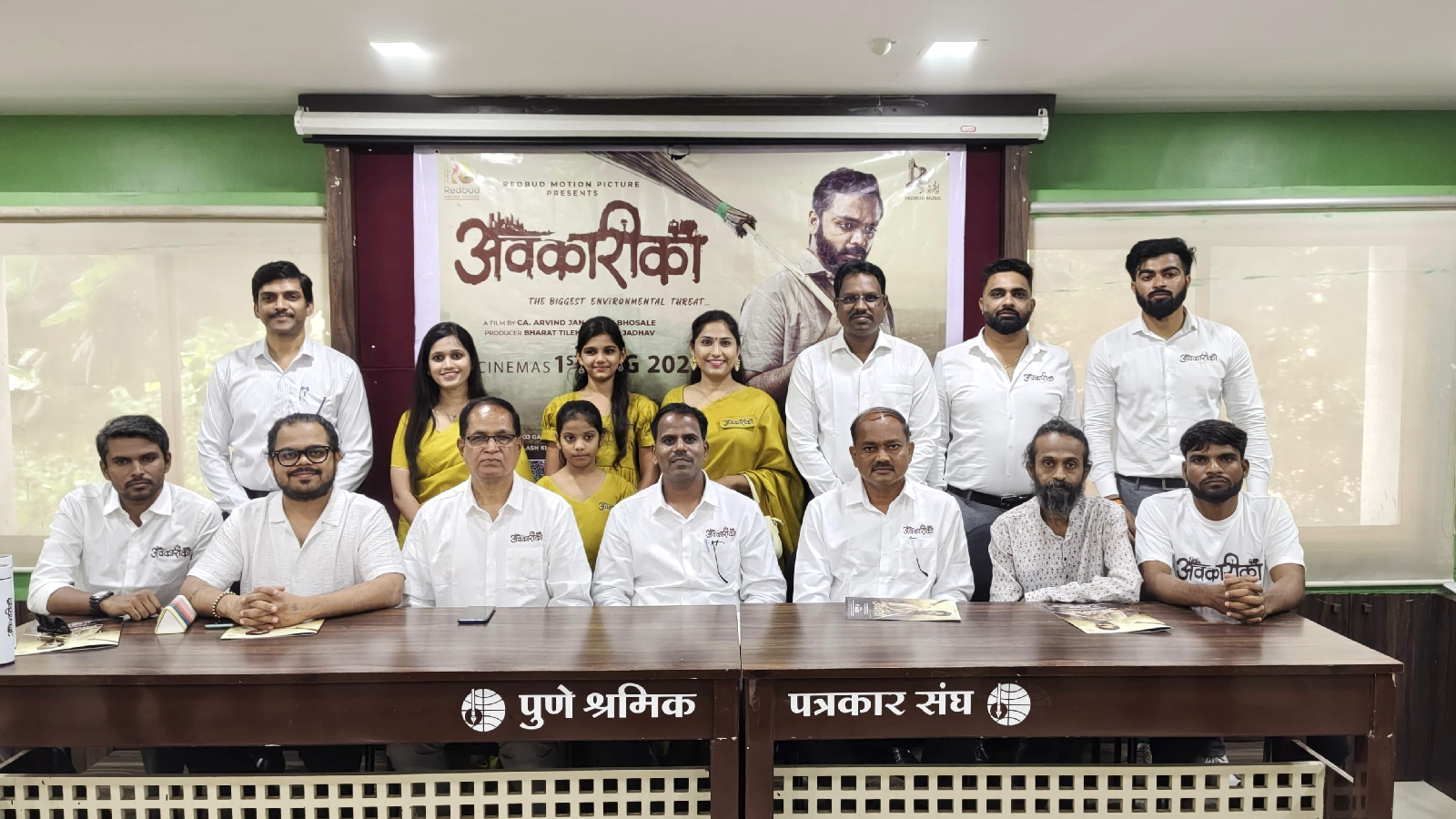Ankura Hospital In Pune Successfully Treated A Two-Year-Old Boy brought in An Emergency Following A Near-Drowning Incident Caused By Water Accumulation Near His Farm
Ankura Hospital In Pune Successfully Treated A Two-Year-Old Boy brought in An Emergency Following A Near-Drowning Incident Caused By Water Accumulation Near His Farm
A prompt action taken by family helped child to get timely CPR
The Need For Widespread CPR Training And Awareness To Equip More People With The Skills To Act Effectively In Emergencies: Dr Chinmay Joshi
Pune: The emergency response team at Ankura Hospital, headed by Dr. Chinmay Joshi, a Consultant Paediatric Intensivist and Cluster Medical Director for Maharashtra, along with Dr. Vishrut Joshi, Consultant Paediatric Intensivist, Dr. Nikhil Jha, Consultant Paediatric Intensivist and Chief Neonatologist Dr. Umesh Vaidya, Group Director & Head Neonatologist Senior Consultant Pediatrician successfully treated a 2-year-old child Amod Thorve who had drowned while playing outside home. The child arrived at the hospital in a state of complete unconsciousness, exhibiting very weak heart activity and low blood pressure. Ankura Hospital protocol to handle during such critical situations, gave the child a new lease of life.
On July 25th at 11 am, a 2-year-old boy Amod Thorve went outside to play near his home in Alandi, Pune. Following several days of heavy rain, water had pooled in the nearby fields. When his parents realized he was missing, they began searching outdoors and discovered him drowning. Without wasting any time, the child's parents pulled him from the water and rushed him to a nearby hospital for immediate medical attention. Upon arrival at the facility, CPR was administered to stabilize his heartbeat. Following initial stabilization, Amod was transferred to the emergency room at Ankura Hospital for further treatment.
Dr Chinmay Joshi, Consultant Paediatric Intensivist & Cluster Medical Director for Maharashtra, Ankura Hospital said, “This patient (Master Amod Thorve) was then transferred from Alandi on bag and tube ventilation to the Emergency Room at Ankura Hospital. Upon arrival, the boy was found to be non-responsive, pale, gasping for air with a very slow heart rate. A code blue indicating cardiac arrest was activated. This brought in the entire team including doctors, nurses, anaesthetists, housekeeping, admin and security. The child had no palpable pulses and unrecordably low blood pressure. He showed signs of cyanosis (bluish or purplish tinge to the skin), severe encephalopathy (brain dysfunction) and was in a comatose state. The child was aggressively resuscitated by the expert team of full-time consultant intensivists, trained ICU and ER Nurses, and trainee doctors. More than 30 individuals from clinical and non-clinical teams were involved in the active resuscitation of this child. After 4 hours of aggressive efforts to stabilize him and get the heart started, the team achieved success."
Dr Umesh Vaidya, Group Director & Head Neonatologist, Ankura Hospital highlighted, Not only advanced facilities but also meticulously honed emergency protocols, played a vital role in saving his life. The emergency protocol ensured every second was counted. The coordinated efforts from the multidisciplinary team led by intensivists, turned this crisis into recovery.”
“Following treatment, the boy showed good signs of recovery and was successfully liberated from the ventilatory support just within 18 hours of arrival at the hospital. He showed no signs of brain or any other long lasting organ damage and was successfully discharged after just 36 hours of admission, on 27th of July. This happened because of the complete dedication and the highly advanced training of our teams. The round-the-clock in-house cover by trained Paediatric intensive care consultants, nurses, and allied health care professionals proved to be a game-changer in this case. We strive to create an environment where families feel supported during some of the worst times of their lives.” said Dr Chinmay Joshi.
Chinmay Joshi Said “Awareness of CPR during cardiac arrest is crucial, as immediate action can save lives. When the heart stops, blood flow to vital organs ceases, causing potential brain damage or death within minutes. By performing CPR, you help maintain blood circulation and oxygenation until professional help arrives. Learning CPR empowers individuals to act confidently in emergencies, increasing survival rates. Communities should prioritize CPR training and education, ensuring more people are prepared to respond effectively. Remember, in a cardiac arrest situation, every second counts. Knowing CPR can make the difference between life and death for a loved one or stranger.”
“Our joy is immense as we witness our child returning to his former self, recognizing us, laughing, and playing just as he used to. We are forever indebted to the Hospital for handling our child’s critical case with transformative care and perfection,” said Mr and Mrs Thorve, the parents of the child.

.jpeg)



Comments
Post a Comment